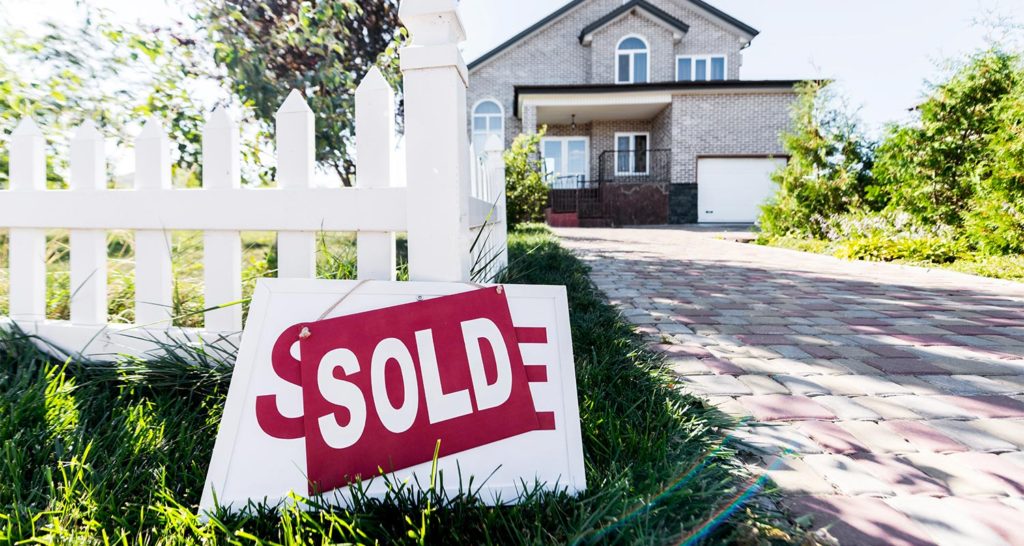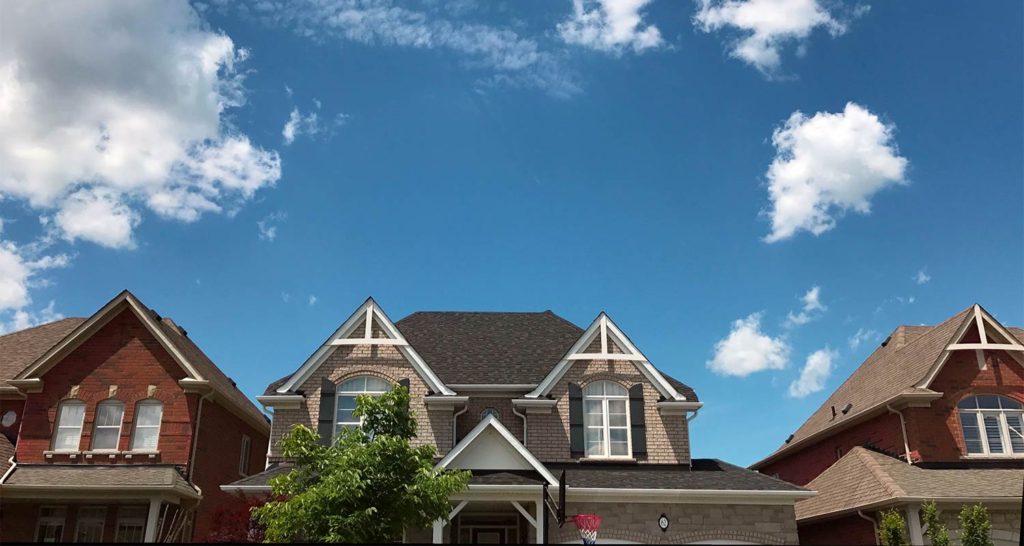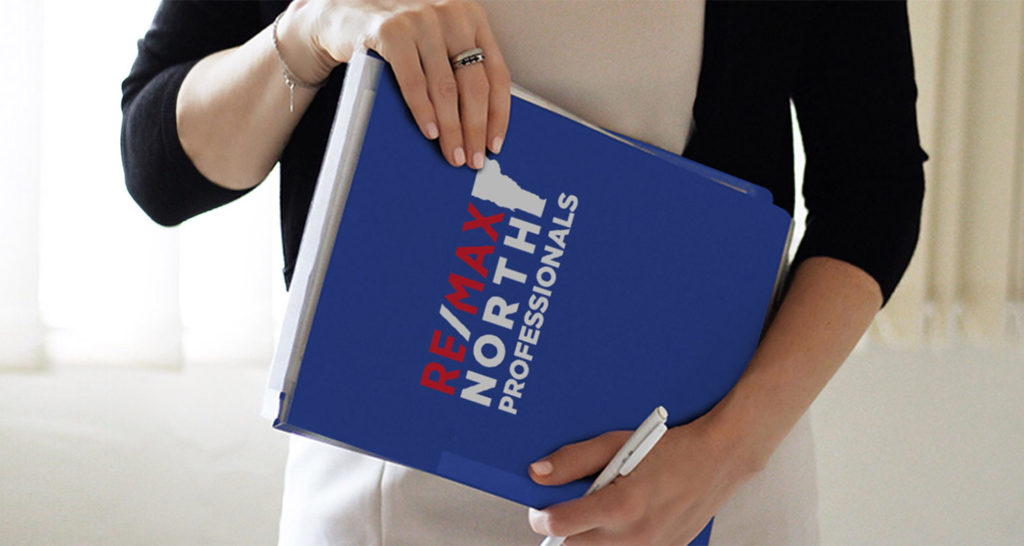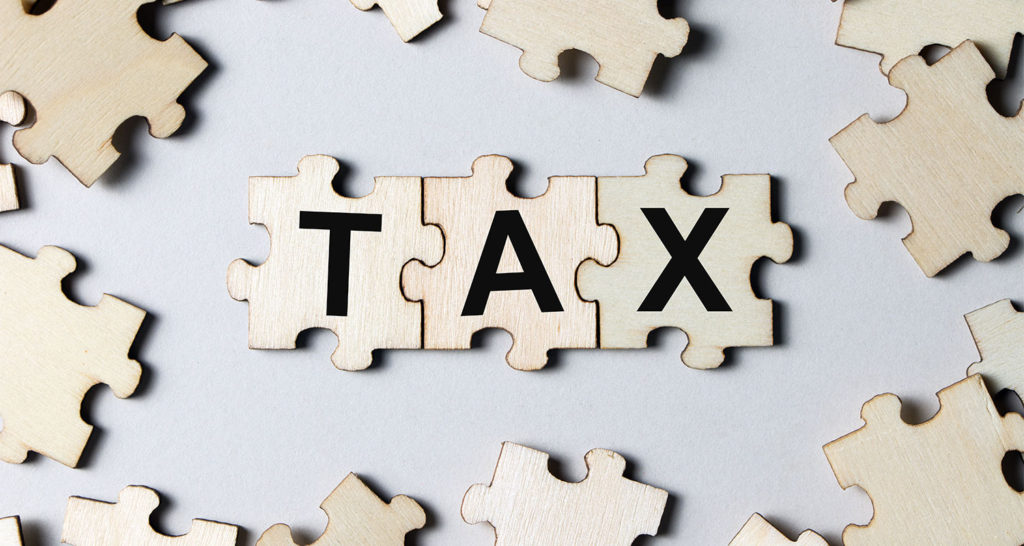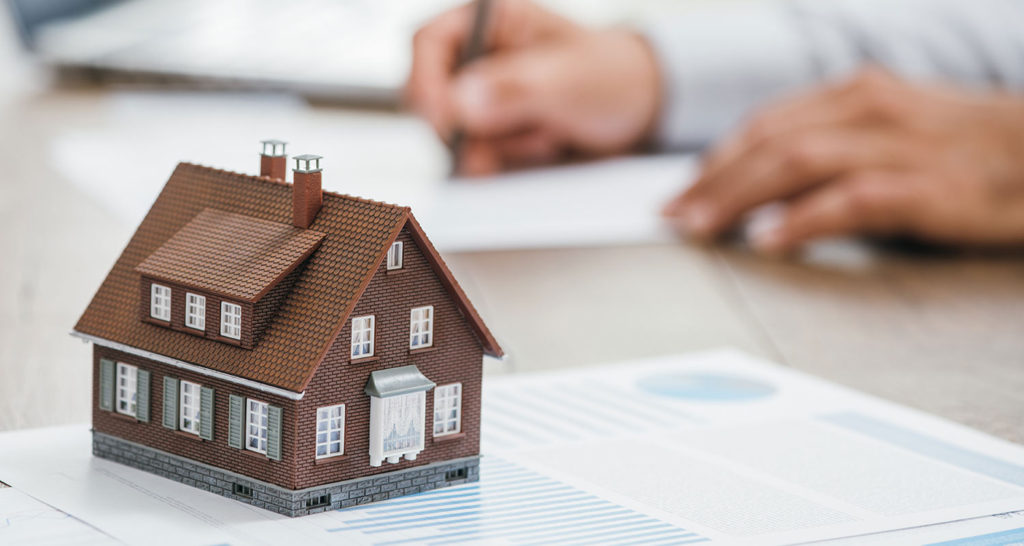Short Sales
When does foreclosure begin?Lenders will initiate foreclosure proceedings when borrowers become delinquent in their mortgage obligations, usually after three payments are missed. The lender will then notify the borrower in writing that he or she is in default. The lender can request a trustee’s sale or a judicial foreclosure, in which the property is sold…
Read MoreSelling at a Loss
Can a home seller sell a home for less than its mortgage?Yes, in some case you can sell your home for less than what you still owe on the mortgage, but this is complicated and depends on the lender. This situation is known as a “short sale.” Sometimes a lender will be willing to split…
Read MoreSeller Financing
What is seller financing?Seller financing is when a seller helps to finance a real estate transaction by taking back a second note, or even financing the entire purchase if the seller owns the home free and clear. Usually sellers do this when a buyer has difficulty qualifying for a conventional loan or meeting the purchase…
Read MoreSeller Taxes
Where can I learn more about appealing my property taxes?Contact your local tax assessor’s office to see what procedures to follow to appeal your property tax assessment. You may be able to appeal your assessment informally. Mostly likely, however, you will have to go through a formal tax-appeal processes, which begin with an appeal filed…
Read MorePricing the House to Sell
What is the difference between list and sales prices?The list price is how much a house is advertised for and is usually only an estimate of what a seller would like to get for the property. The sales price is the amount a property actually sells for. It may be the same as the listing…
Read MoreNegotiating The Sale of Your Home
Is there a secret to good negotiating?There are several cardinal rules to negotiating effectively. One is do your homework, and learn as much about the seller or the buyer as you can. Another is to play your cards close to your vest and not reveal too much information to the other party or their agent.…
Read MoreDisclosure
Whose obligation is it to disclose pertinent information about a property?In most states, it is the seller, but obligations to disclose information about a property vary. Under the strictest laws, you and your agent, if you have one, are required to disclose all facts materially affecting the value or desirability of the property which are…
Read MoreCommon Q&A About Selling Your Home
Should I add on or buy a bigger home?Consider these questions before making a choice between adding on to an existing home or moving up in the market to a bigger house:• How much money is available, either from cash reserves or through a home improvement loan, to remodel the current house?• How much additional…
Read MoreSelling – Appraisals & Market Value
What is the difference between market value and appraised value?The appraised value of a house is a certified appraiser’s opinion of the worth of a home at a given point in time. Lenders require appraisals as part of the loan application process; fees range from $200 to $300. Market value is what price the house…
Read MoreWorking With a Real Estate Agent
Can I use an agent for a new home?Yes, however buyers should be aware of the differences inherent in working with sales agents who are employed by the developer, rather than traditional real estate agents.Builders commonly require that an outside agent be present, and sign in, the first time a prospective purchaser visits a site…
Read MoreWhat You Can Afford
How much does my real estate agent need to know?Real estate agents would say that the more you tell them, the better they can negotiate on your behalf. However, the degree of trust you have with an agent may depend upon their legal obligation. Agents working for buyers have three possible choices: They can represent…
Read MoreTax Considerations
Where do I get information on IRS publications?The Internal Revenue Service publishes a number of real estate publications. They are listed by number:• 521 “Moving Expenses”• 523 “Selling Your Home”• 527 “Residential Rental Property”• 534 “Depreciation”• 541 “Tax Information on Partnerships”• 551 “Basis of Assets”• 555 “Federal Tax Information on Community Property”• 561 “Determining the…
Read MoreProperty Taxes
Are taxes on second homes deductible?Mortgage interest and property taxes are deductible on a second home if you itemize. Check with your accountant or tax adviser for specifics. Do all loans require impound accounts?If you are taking out a FHA or VA loan, the lender can require an impound account to pay real estate taxes…
Read MoreMaking an Offer
Can you buy homes below market?While a typical buyer may look at five to 10 homes before making an offer, an investor who makes bargain buys usually goes through many more. Most experts agree it takes a lot of determination to find a real “bargain.” There are a number of ways to buy a bargain…
Read MoreHome Inspections & Warranties
Do I need a home inspection?Yes. Buying a home “as is” is a risky proposition. Major repairs on homes can amount to thousands of dollars. Plumbing, electrical and roof problems represent significant and complex systems that are expensive to fix. How do I find a home inspector?Your realty agent is one source. But keeping them…
Read MoreForeclosures
Do you have to buy HUD homes through a realty agent?You can only purchase a U.S. Department of Housing and Urban Development property through a licensed real estate broker. HUD will pay the broker’s commission up to 6 percent of the sales price. Are foreclosures an option?A foreclosure property is a home that has been…
Read MoreEscrow & Closing Costs
How can I save on closing costs?Studies show that the closing costs, which can average 2 to 3 percent of a total home purchase price, are often more costly than many buyers expect. But there are some ways to save:• Negotiate with the seller to pay all or part of the closing costs. The lender…
Read MoreAppraisals & Market Value
What is the return on new versus previously owned homes?Buying into a new-home community may seem riskier than purchasing a house in an established neighborhood, but any increase in home value depends upon the same factors: quality of the neighborhood, growth in the local housing market and the state of the overall economy. One survey…
Read MoreFinding The Right Home
What are the pros and cons of adding on or buying new?Before making a choice between adding on to an existing home or buying a larger one, consider these questions:• How much money is available, either from cash reserves or through a home improvement loan, to remodel your current house?• How much additional space is…
Read More







